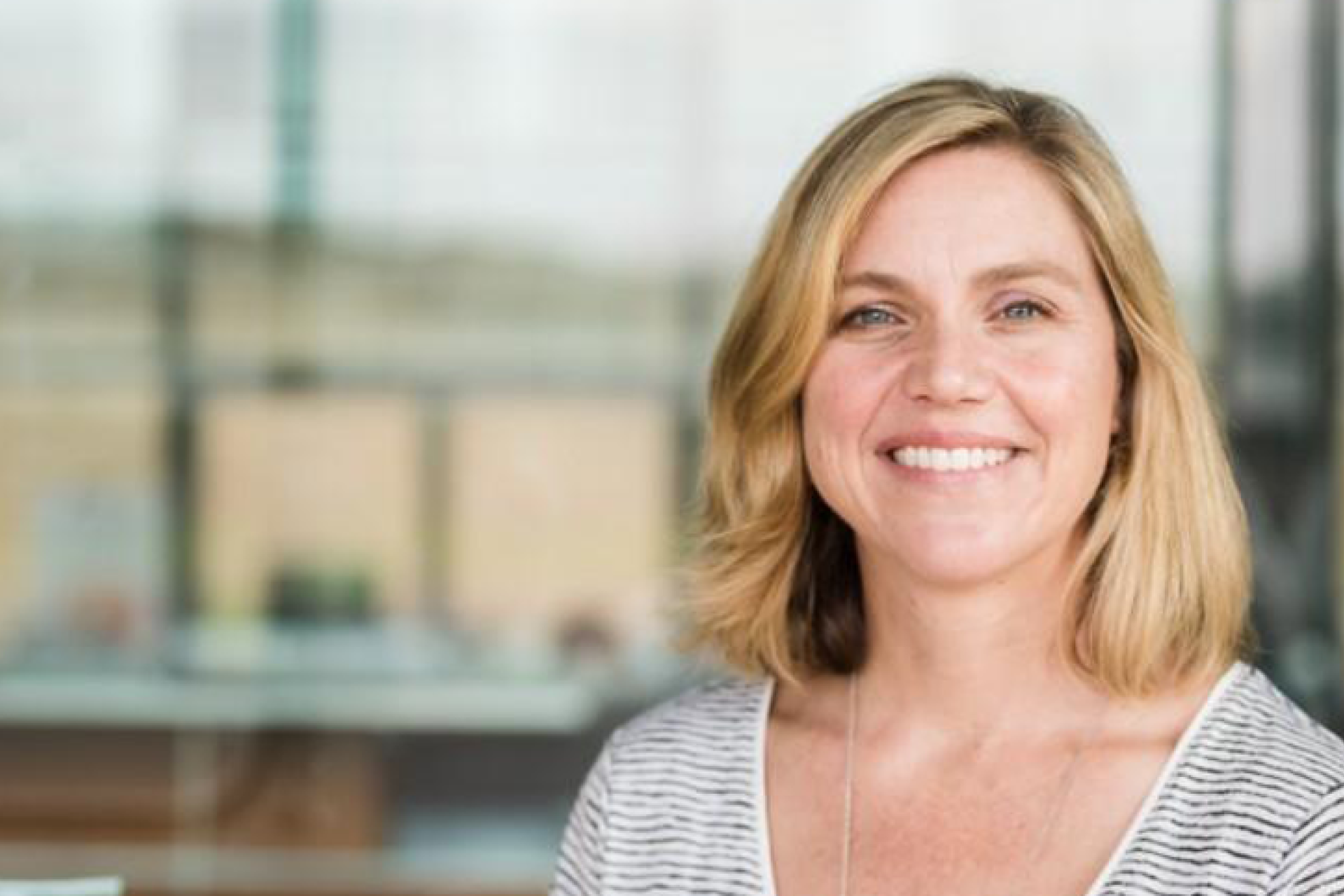
Laying the Foundation for Healthy Child Development
Apr. 24, 2025
A strong bond between a young child and their caregiver plays an important role in laying the foundation for children’s future health and wellbeing. This bond, or attachment, can be measured as the level of connection and safety young children feel with their parent or caregiver. As the director of the CARE Lab at Lehigh, Susan Woodhouse and her team study caregiving attachment and how children learn to manage and express their emotions. They then share this information to help parents respond to their children’s needs.
Woodhouse is an associate professor and program director for the COE’s Counseling Psychology program. She works with diverse, underserved families with young children to support positive parenting through intervention programs that offer many benefits: preparing children to start school, supporting positive child behavior, reducing stress and improving mental and physical health.
Parents frequently tell her that they wish their child came with an instruction manual. She explains, “We tell parents, actually your child did come with an instruction manual, and one of the things we want to help you do is to read that manual. The instruction manual is the child’s behavior.”
Hands and Hearts Together is a study within the CARE Lab that is designed to help parents learn about and support healthy child growth. The study brings community members to their playroom for multiple visits, where young children engage in activities along with their caregivers and interact with researchers.
The program also includes eight weekly home visits as part of an intervention program called Circle of Security, which helps parents learn about attachment and how to respond effectively to their children.
By the end of the program, researchers are looking for improvements in stress responses, as well as positive behavior and mental health. Woodhouse and her team also examine interactions between the child and their parent and whether the child is using their caregiver as a secure base.
“The families really enjoy it, and they like visiting the Lehigh campus. They like seeing their children participate in all of the activities. Everyone learns a lot, which is beneficial,” said Kasia Ritter, a home visitor at Early Head Start who works closely with many of the families who participated in Hands and Hearts Together.
Woodhouse, along with Jude Cassidy, a professor of psychology with the University of Maryland, partnered with Early Head Start in the Lehigh Valley and Capital Area Head Start in Harrisburg for the study. These organizations provide intensive child and family support services to low-income children and their families.
Monitoring stress levels throughout the study is important. All parents deal with stress, Woodhouse says, but low-income families experience additional stressors that can negatively impact children’s development. “We’re really trying to make a difference for families who are experiencing these multiple stressors,” she adds.
“We’re wanting parents to experience lower stress in part just to feel better. We also believe that when parents are feeling stressed, it’s harder to read the instruction manual of the kid’s behavior,” she says.
Woodhouse notes that serious health consequences can occur down the line if stress is not managed, possibly leading to heart and circulatory problems, as well as inflammation.
All in all, her research provides a valuable service within the community, helping parents and children to form strong bonds and relationships with each other. “The job of being a kid is to learn about the world and how the world works,” Woodhouse explains. “In order for kids to be able to do that, they have to feel safe enough to go out to explore. One of the really important things that parents can provide is that secure base from which their kids can explore. Part of what we do is help parents better understand how to provide that sense of safety, so that kids can do their job of learning.”


